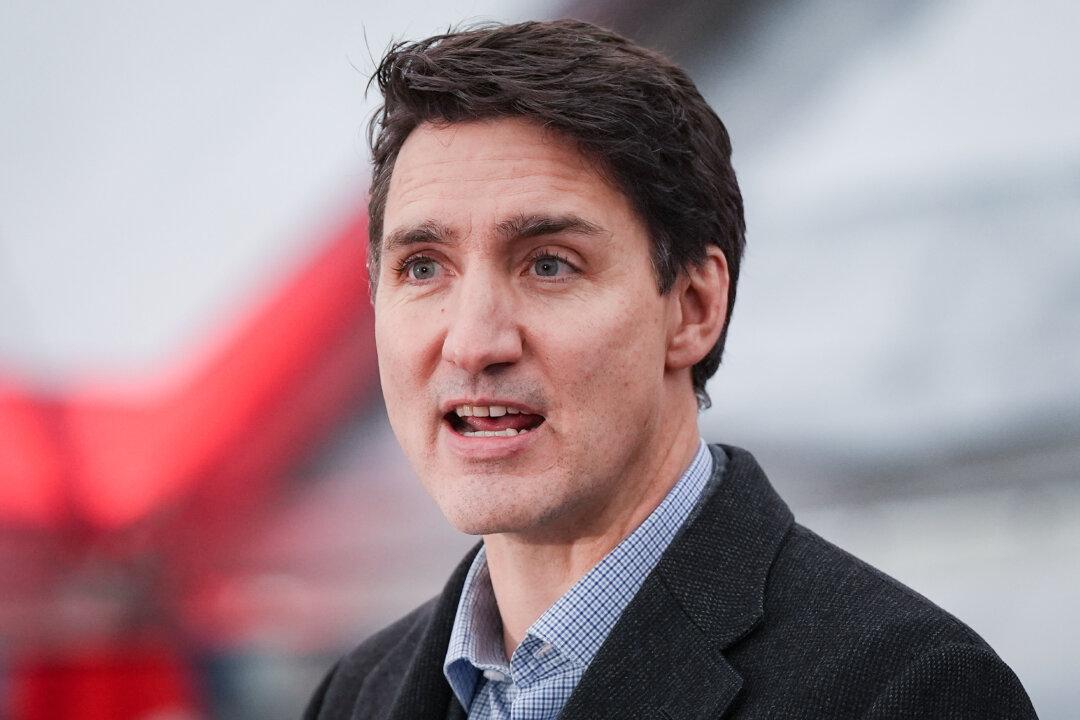Canada will not hesitate to take action in response to tariffs imposed by the United States, Prime Minister Justin Trudeau says, days before the inauguration of President-elect Donald Trump.
“We will not hesitate to act,” Trudeau said at a meeting of the Council on Canada-U.S. Relations in Toronto on Jan. 17. “We will respond and, I will say it again, everything is on the table.”





